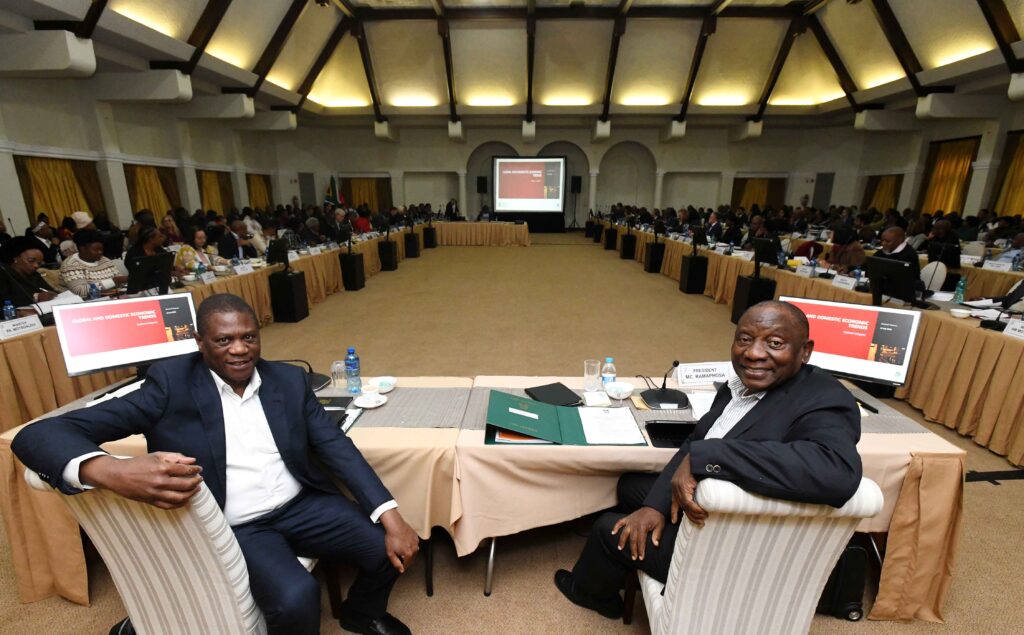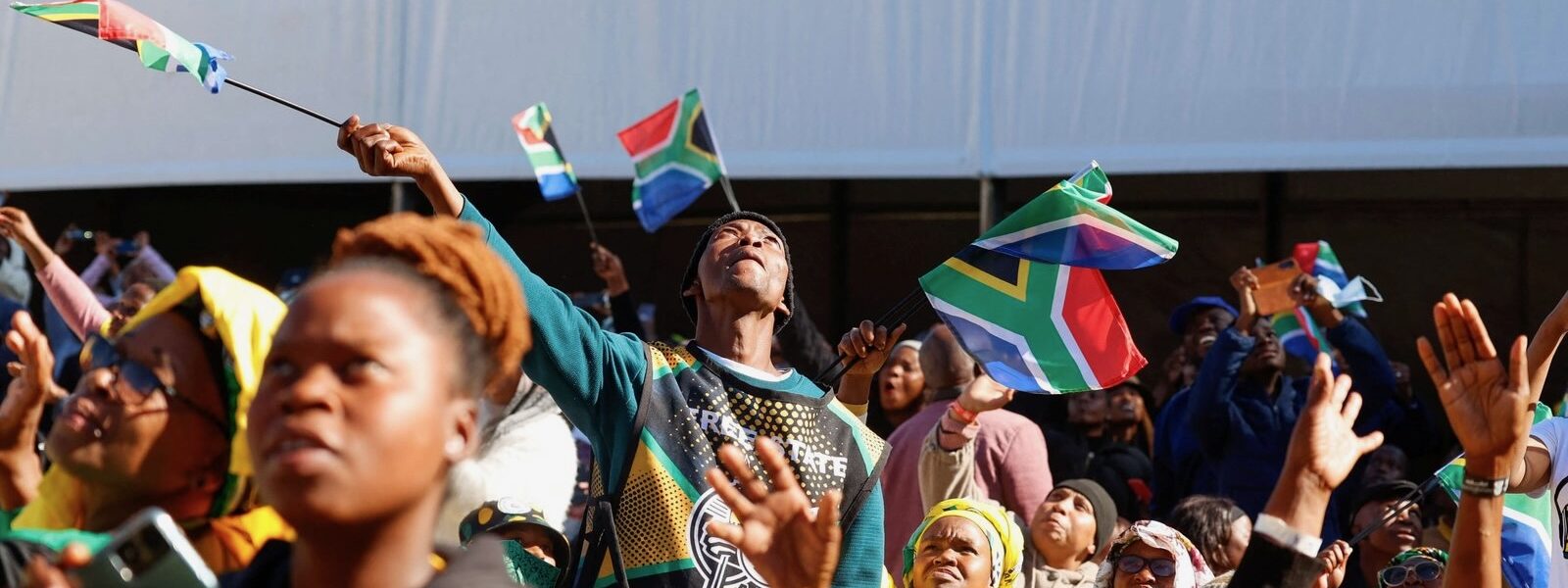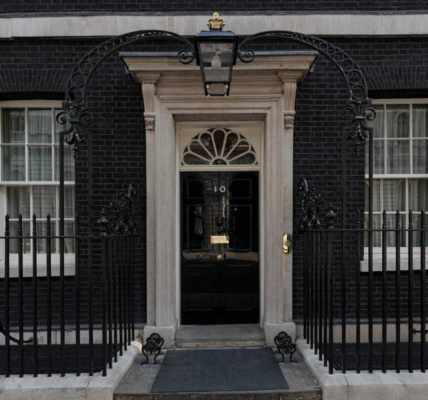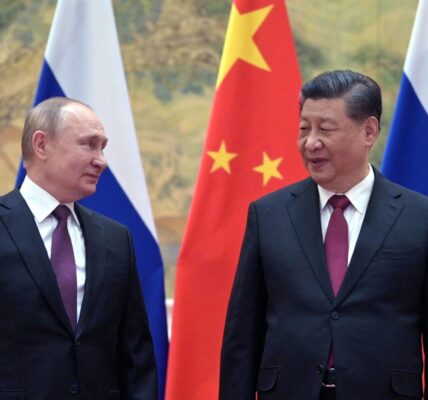VAT standoff and Trump pressure drive Ramaphosa toward more inclusive power sharing

A leading political analyst says opposition challenges to a VAT increase and external pressures have compelled President Cyril Ramaphosa’s government to adopt a more participatory framework for decision-making in the country.
Professor Theo Venter, a policy specialist at North-West University Business School told National Security News that the African National Congress (ANC), which has been in power in South Africa for more than three decades, has lost its exclusive control over public finances and will now have to collaborate with opposition parties in the Government of National Unity (GNU) on policy decisions, including foreign affairs.
The suspension of the VAT hike follows a vigorous campaign by the Democratic Alliance (DA), the largest opposition party, against the proposed increase to 15.4 per cent.
This increase, introduced in Finance Minister Enoch Godongwana’s budget on 12 March, was set to take effect on 1 May. Faced with mounting pressure and legal action from the DA, supported by the Economic Freedom Fighters (EFF), the government was compelled to reverse the decision.
Just days before the government was due to implement the scheduled hike, the Western Cape High Court made a landmark ruling, officially suspending the VAT increase and a second planned hike in 2026.
“The DA will definitely have more influence over the budget, financial policy, and state finances moving forward,” Venter told National Security News in an interview. According to Venter, the ANC must now engage more openly and inclusively with opposition parties in the power-sharing agreement.
The DA has welcomed the suspension and stated that the ruling not only proves that the government cannot make decisions without oversight, but also provides South Africans with the certainty that changes affecting their pockets will not happen without the necessary checks and balances.
Federal Chair Helen Zille described it as “a victory for all South Africans.”
Washington pressure adding to calls for opposition participation in foreign policy
Pressure from the Trump administration is also, according to Venter, driving a more collaborative approach to foreign policymaking.
One significant step in this direction was the inclusion of DA leader John Steenhuisen in a three-member committee, alongside Minister of International Relations and Cooperation Ronald Lamola and Trade and Industry Minister Parks Tau, tasked with negotiating with Washington.
“Tariffs pose a major challenge to a small, open economy like South Africa’s. Global economic uncertainty, coupled with external pressures on tariffs and other issues, necessitates a more inclusive approach,” Venter explained. He added that South Africa’s foreign policy will likely evolve, becoming “softer on the edges.”
The ANC’s relationship with Washington has been marked by tension and mutual distrust. The Trump administration views South Africa’s policies—such as its land expropriation law and its stance on international issues like the case against Israel at the International Court of Justice—as being at odds with US priorities.
Trump phone call with Ramaphosa “very, very significant”
Regarding a recent phone call between Ramaphosa and Trump ahead of President Zelensky’s visit to Pretoria, Venter suggested it signals the ANC leader’s intent to “sort out a deal with the Americans.” He said that despite the expulsion of South Africa’s ambassador and military personnel from Washington, the country refrained from retaliating.
Venter also commented on President Vladimir Putin’s role as a peace negotiator in Ukraine, expressing scepticism about Trump’s trust in the Russian leader.
“Putin is an old fox in these matters,” he said, adding that the American president’s pursuit of a quick resolution in Ukraine appears to be turning into a prolonged and messy process.




















































































































































































































































































